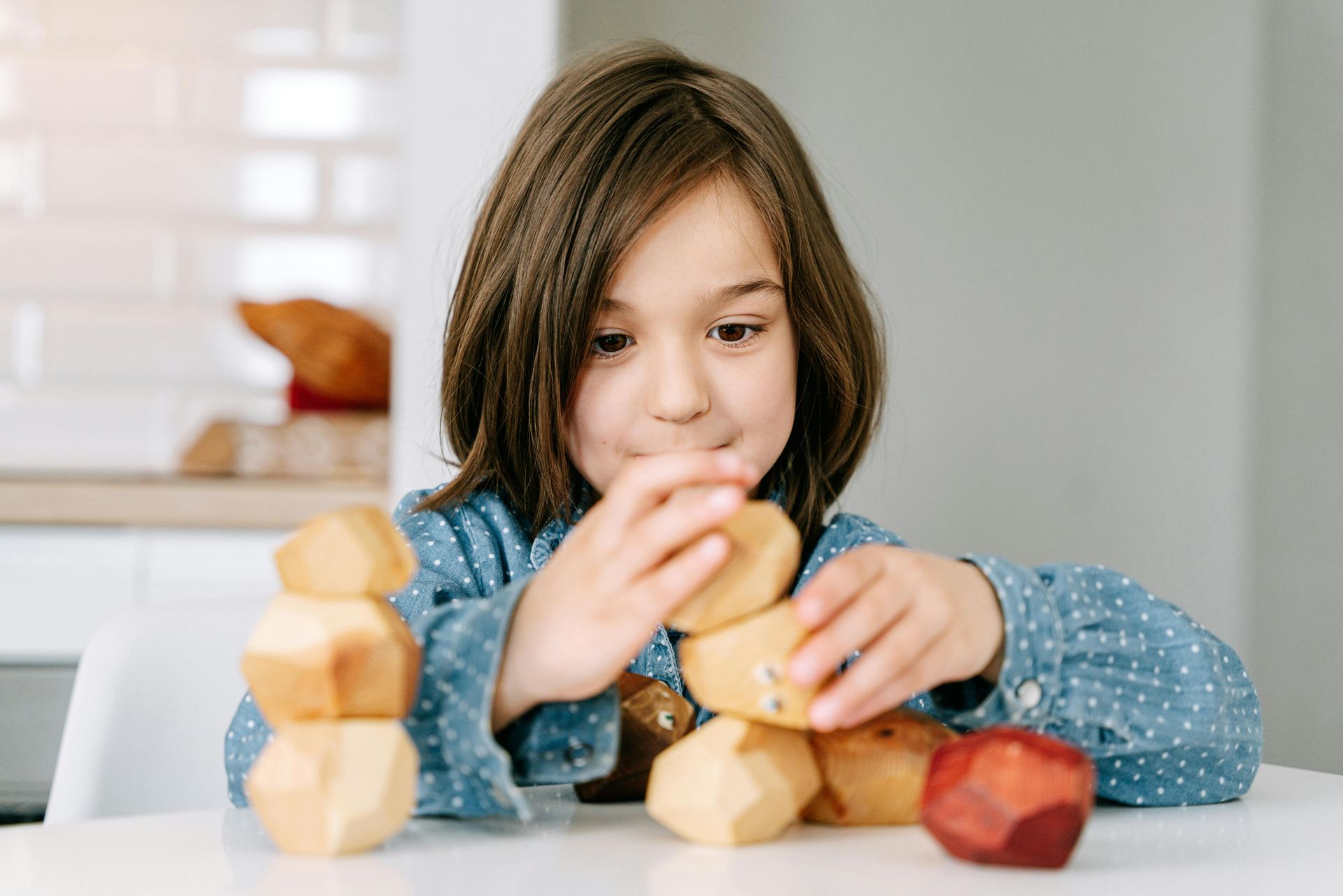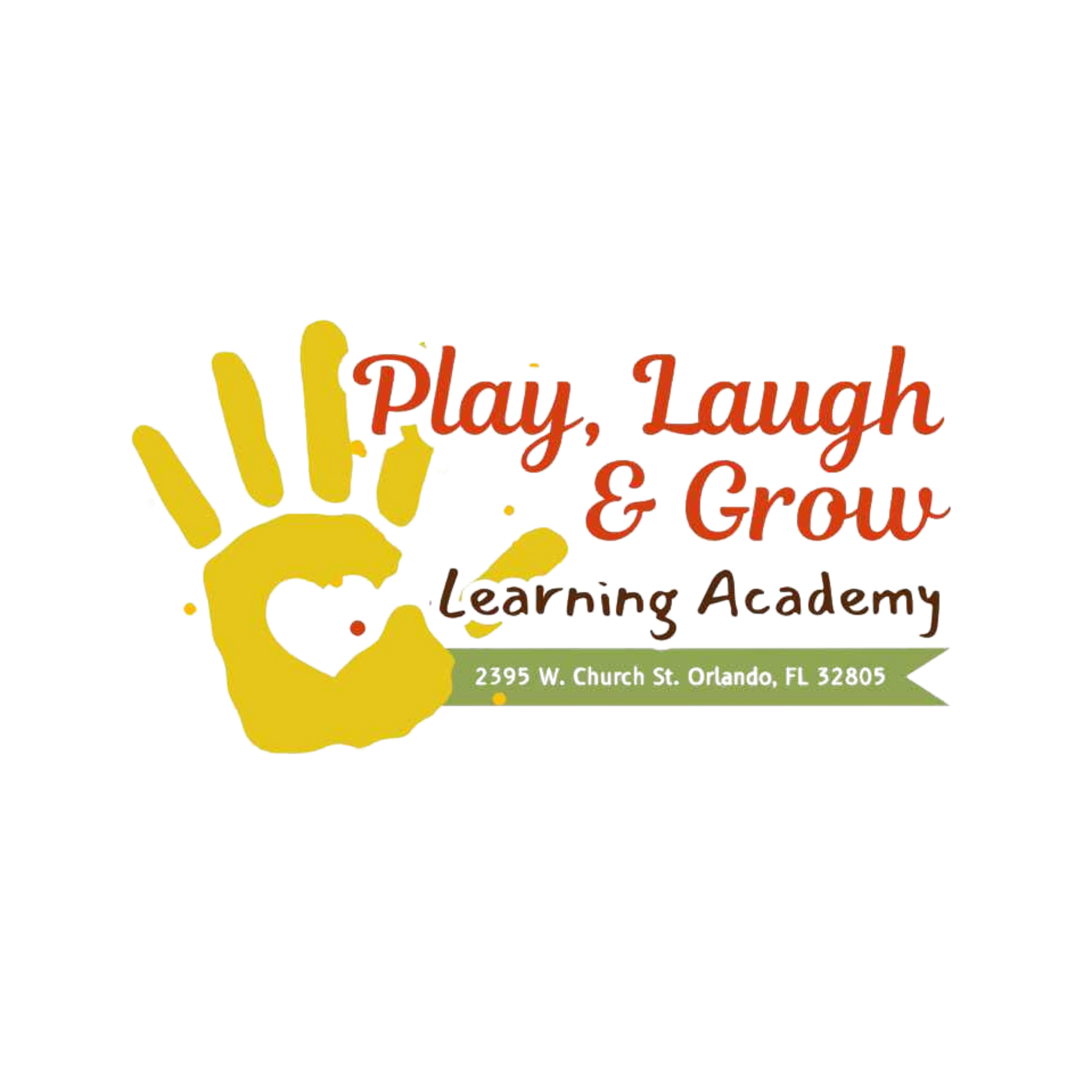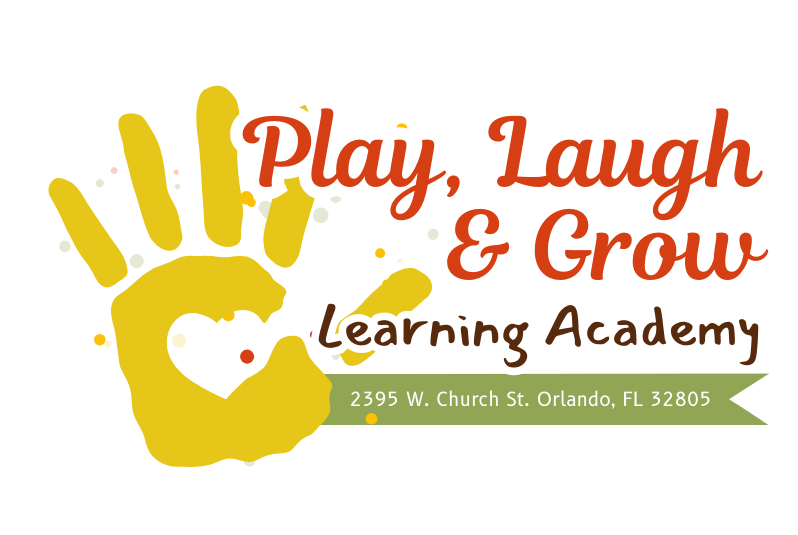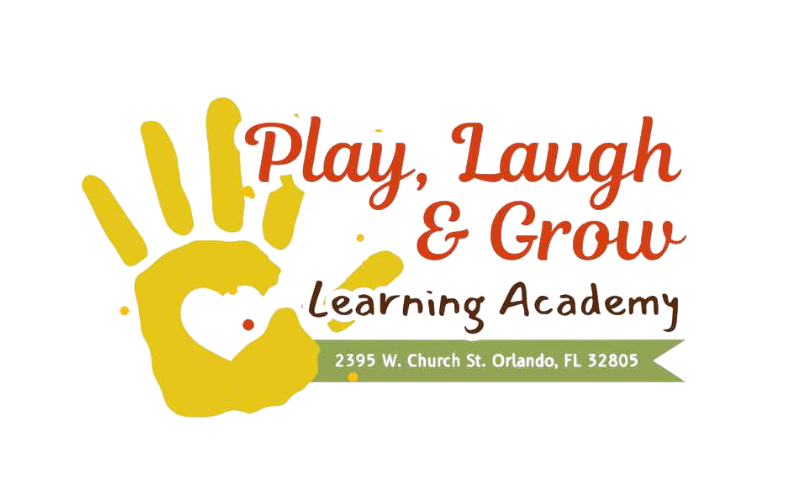The Power of Play-Based Learning: Why It’s Essential for Early Childhood Education at Play Laugh and Grow Academy
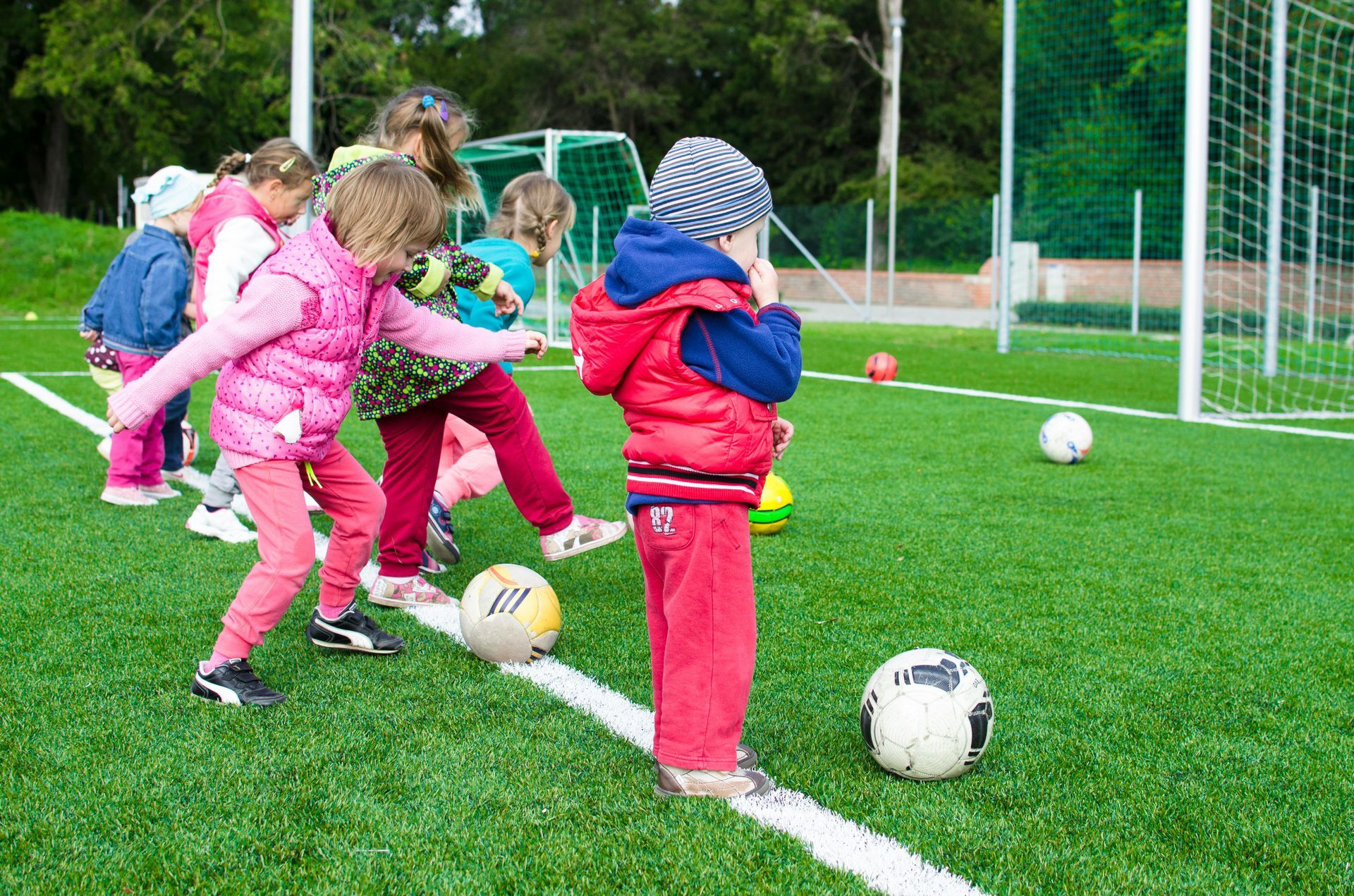
Play is more than just a fun way for children to pass the time—it is an essential component of early childhood education. At Play Laugh and Grow Academy, we believe in the power of play-based learning to foster cognitive, emotional, and social development in young children. This approach to learning is based on the understanding that children learn best when they are actively engaged in hands-on, interactive experiences. In this blog post, we’ll explore the benefits of play-based learning and why it is a cornerstone of our educational philosophy.
What Is Play-Based Learning?
Play-based learning is an approach where children learn through structured and unstructured play experiences. Unlike traditional classroom settings, where children might sit passively and absorb information, play-based learning emphasizes active participation. Through play, children explore their world, develop problem-solving skills, and make sense of complex concepts in a way that is both enjoyable and meaningful.
In play-based learning environments, children take the lead in their learning. They make choices, experiment, and discover new things on their own or with guidance from teachers. This type of learning encourages curiosity, creativity, and critical thinking, while also allowing children to develop a sense of autonomy and self-confidence.
Why Play-Based Learning Works
- Engagement Through Fun: Play is naturally engaging for children, which makes it an effective tool for learning. When children are having fun, they are more likely to be motivated and focused on the task at hand. The intrinsic enjoyment of play helps children stay engaged and absorb information in a way that feels effortless.
- Cognitive Development: Play-based learning fosters cognitive development by encouraging children to explore and experiment. Whether they are stacking blocks, solving puzzles, or pretending to cook in a play kitchen, children are practicing critical thinking, spatial awareness, and problem-solving. These activities lay the foundation for academic success in subjects like math, science, and literacy.
- Physical and Motor Skill Development: Play also contributes to physical development. Activities like running, jumping, climbing, and manipulating toys help children build gross motor skills, while activities like drawing, writing, and using small objects enhance fine motor skills. Play provides ample opportunities for children to practice these skills in a fun and relaxed environment.
- Social and Emotional Growth: Through play, children learn to interact with others, negotiate, share, and resolve conflicts. Cooperative play encourages teamwork, empathy, and communication, while solitary play allows children to explore their emotions and develop self-regulation skills. By navigating different social situations during play, children learn important emotional and social skills that will serve them throughout their lives.
- Creativity and Imagination: Play sparks creativity and imagination in children. Whether they are pretending to be superheroes, exploring new worlds in make-believe games, or creating art, play encourages children to think outside the box and explore new ideas. Creativity is essential for problem-solving and innovation, both of which are valuable skills in school and beyond.
The Role of Teachers in Play-Based Learning
At Play Laugh and Grow Academy, our educators play a crucial role in facilitating play-based learning. Teachers are not simply passive observers; they actively engage with children to encourage exploration, provide guidance, and introduce new learning opportunities. Here’s how our teachers support play-based learning:
- Creating a Stimulating Environment: Teachers design and maintain a learning environment that encourages play and exploration. This includes setting up learning stations, providing open-ended materials like blocks, art supplies, and puzzles, and creating spaces for both individual and group play. A well-organized environment allows children to freely explore and learn at their own pace.
- Providing Guidance and Scaffolding: While play-based learning is child-directed, teachers play an important role in guiding the learning process. Teachers may ask open-ended questions, offer suggestions, or introduce new materials to spark curiosity and extend the child’s learning experience. This guidance, known as scaffolding, helps children move to the next level of understanding while still allowing them to take the lead in their learning.
- Encouraging Social Interaction: Teachers help facilitate social interactions by encouraging children to work together, share, and collaborate during play. They provide opportunities for group activities where children can practice teamwork, communication, and problem-solving. Teachers also model positive social behaviors, such as taking turns and resolving conflicts, so children can learn by example.
- Observing and Assessing Development: Teachers observe children during play to assess their development and identify areas for growth. By observing how children interact with materials, solve problems, and engage with peers, teachers can gain valuable insights into each child’s strengths and areas where additional support may be needed. This information helps inform the curriculum and ensures that each child receives personalized attention and support.
Examples of Play-Based Learning at Play Laugh and Grow Academy
At Play Laugh and Grow Academy, we incorporate play-based learning throughout the day. Here are some examples of how we integrate play into our curriculum:
- Block Play: Children use blocks to build structures, which helps develop spatial awareness, problem-solving skills, and fine motor coordination. Teachers may introduce new concepts such as balance, symmetry, and measurement during block play to extend children’s learning.
- Pretend Play: Pretend play allows children to explore different roles and scenarios, such as pretending to be a doctor, a teacher, or a chef. This type of play fosters creativity, social skills, and emotional development, as children practice empathy and learn to understand different perspectives.
- Art and Creative Expression: Children have opportunities to engage in open-ended art projects, such as drawing, painting, and sculpture. Art allows children to express their ideas, emotions, and creativity while developing fine motor skills and hand-eye coordination.
- Outdoor Play: Our outdoor play areas are designed to encourage physical activity and exploration. Children engage in activities like running, climbing, jumping, and exploring nature, which helps develop gross motor skills, balance, and coordination. Outdoor play also encourages social interaction, as children collaborate on group games and activities.
- Storytelling and Language Play: Language development is an important aspect of early childhood education. At Play Laugh and Grow Academy, we incorporate storytelling and language play into our curriculum to enhance vocabulary, communication skills, and literacy. Children may create their own stories, engage in puppet shows, or participate in read-aloud sessions with teachers.
The Long-Term Benefits of Play-Based Learning
The benefits of play-based learning extend far beyond early childhood. Children who engage in play-based learning develop essential skills that they will use throughout their lives. These skills include:
- Problem-Solving: Play encourages children to think critically and solve problems. Whether figuring out how to build a taller tower of blocks or working together to complete a puzzle, children practice problem-solving skills that are essential for academic success and future careers.
- Collaboration: Through play, children learn the value of working with others. They practice sharing, negotiating, and cooperating with peers, which are key components of teamwork and collaboration in both school and the workplace.
- Creativity and Innovation: Play fosters creativity, which is essential for innovation in all areas of life. Children who are encouraged to be creative in their early years are more likely to think outside the box, come up with new ideas, and approach challenges with a solution-oriented mindset.
- Self-Confidence and Independence: Play allows children to take risks, try new things, and learn from their mistakes in a safe environment. As children master new skills through play, they build confidence in their abilities and develop a sense of independence.
Explore how play-based learning enhances cognitive development and why social skills are crucial in early childhood education by reading The Importance of Social Skills in Early Childhood Education and How Play-Based Learning Enhances Cognitive Development in Early Childhood.
Conclusion
Play-based learning is an essential component of early childhood education. At Play Laugh and Grow Academy, we believe that children learn best when they are actively engaged in meaningful, hands-on experiences. Through play, children develop cognitive, physical, social, and emotional skills that will serve as the foundation for future success. By providing a nurturing environment that encourages exploration, creativity, and collaboration, we help children become confident, independent learners who are well-prepared for the challenges ahead.









